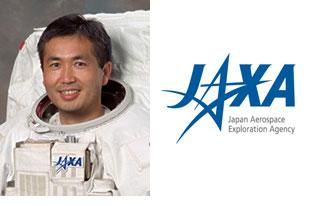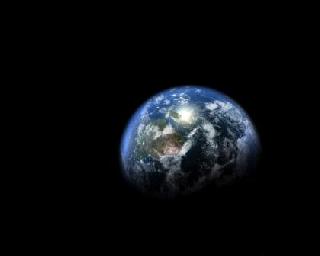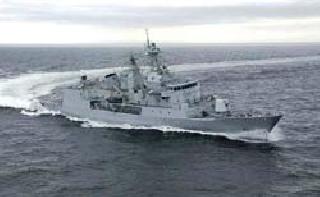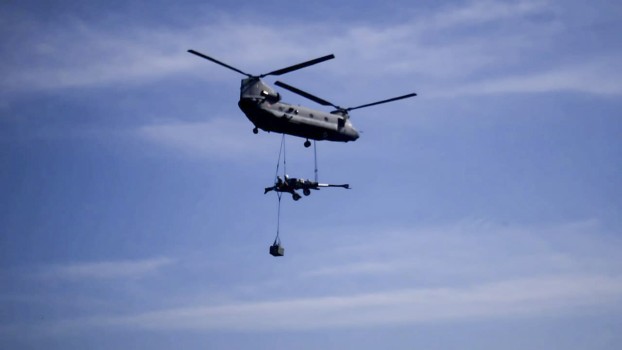
Koichi Wakata, JAXA astronaut.
TOKYO (BNS): Astronaut Koichi Wakata will become the first Japanese captain of the International Space Station during his stay from the end of 2013, the Japan Aerospace Exploration Agency said here.
For his fourth space mission and his second long-term assignment, Koichi Wakata (47) will stay at the ISS for six months after travelling there aboard Russia's Soyuz spacecraft, during which he will take command in the last two months of the mission, JAXA said.
''I'm truly grateful for being given such a great opportunity,'' Wakata said Thursday in a teleconference for the press linking the Tokyo-based JAXA office and Houston, Texas, where he usually trains.
''(My appointment as commander) is beyond what I expected. I feel greatly honoured, given that Japan is the only country that has not produced an ISS captain (among countries involved in the space project),'' he said.
He also said he intends to unite his team as a Japanese who puts a premium on harmonious relationships.
During the first four months in orbit, Wakata will conduct scientific experiments using JAXA's Kibo (Hope) space laboratory.
On Wakata's new assignment, Prime Minister Naoto Kan told reporters at his official residence, ''It's great. I wish I were him as I wanted to be an astronaut or build a rocket when I was a kid.''
Wakata, a Saitama Prefecture native and graduate of Kyushu University, began his space career in 1992 after working as an engineer at Japan Airlines Corp.
He flew on space shuttle missions in 1996 and 2000 before an extended stay at the ISS in 2009.
He is known for his skill at handling robotic arms in outer space, which he put to good use in retrieving a Japanese satellite from orbit and in fitting Japan's Kibo lab at the ISS with an external experiment facility.
 Previous Article
Previous Article Next Article
Next Article













The Indian Air Force, in its flight trials evaluation report submitted before the Defence Ministry l..
view articleAn insight into the Medium Multi-Role Combat Aircraft competition...
view articleSky enthusiasts can now spot the International Space Station (ISS) commanded by Indian-American astr..
view article